About this course
Advanced Machine Learning
Course Overview:
Elevate your expertise in machine learning with our comprehensive Advanced Machine Learning course, designed to provide an in-depth understanding of state-of-the-art techniques and methodologies. This course is perfect for professionals and enthusiasts in Noida who aim to specialize in advanced AI/ML technologies.

Course Content:
Ensemble Learning: Explore advanced ensemble methods including Bagging, Boosting (AdaBoost, Gradient Boosting), and cutting-edge frameworks like XGBoost, LightGBM, and CatBoost. Learn to enhance model performance and accuracy.
Neural Networks and Deep Learning: Dive into neural networks with a focus on deep learning frameworks such as TensorFlow, Keras, and PyTorch. Study Convolutional Neural Networks (CNNs) for image analysis and Recurrent Neural Networks (RNNs) and LSTMs for sequence data.
Natural Language Processing (NLP): Master text preprocessing techniques, sentiment analysis, and word embeddings (Word2Vec, GloVe). Explore advanced NLP models like Transformers and BERT for understanding and generating human language.
Reinforcement Learning: Gain insights into Reinforcement Learning with Markov Decision Processes (MDPs), Q-Learning, Deep Q-Networks (DQNs), and Policy Gradient Methods. Learn to develop intelligent agents that make decisions in complex environments.
Who Should Enroll:
This course is ideal for data scientists, machine learning engineers, and AI specialists in Noida who are looking to advance their skills in cutting-edge machine learning techniques. It is suitable for those with a foundational understanding of machine learning who wish to delve deeper into advanced topics.
Why Choose This Course:
Expert Instruction: Learn from industry professionals with extensive experience in AI and machine learning.
Hands-On Projects: Apply advanced techniques to real-world datasets, enhancing your practical skills.
Certification: Receive a certificate upon completion, validating your advanced machine learning expertise.
Career Advancement: Equip yourself with in-demand skills for roles in AI and machine learning, opening new career opportunities.
Key Benefits and Outcomes:
1. In-Depth Knowledge:
Gain a comprehensive understanding of advanced machine learning techniques, including ensemble learning, deep learning, NLP, and reinforcement learning.
2. Practical Skills:
Develop hands-on experience with industry-standard tools and frameworks such as TensorFlow, Keras, PyTorch, XGBoost, LightGBM, and CatBoost.
Learn to implement complex models and algorithms in real-world scenarios, enhancing your practical skills.
3. Advanced Techniques:
Master advanced techniques in ensemble methods (e.g., AdaBoost, Gradient Boosting), deep learning architectures (e.g., CNNs, RNNs), and modern NLP models (e.g., Transformers, BERT).
4. Career Advancement:
Acquire skills that are highly valued in the job market, making you a competitive candidate for roles in machine learning, AI research, and data science.
Obtain a certificate of achievement that validates your expertise in advanced machine learning techniques.
5. Real-World Application:
Apply what you’ve learned through hands-on projects and case studies that simulate real-world problems, enhancing your ability to tackle complex challenges in the field.
6. Industry-Relevant Skills:
Learn to use advanced machine learning methods to improve model performance, analyze complex data, and develop intelligent systems, preparing you for roles that require expertise in cutting-edge AI technologies.
Enroll Today:
Join us in Noida for this advanced course and deepen your knowledge of machine learning. Whether you're pursuing a career in AI/ML or seeking to enhance your expertise, this course offers the skills and practical experience needed to excel in the field.
This course equips you with the knowledge, skills, and practical experience needed to excel in advanced machine-learning roles and stay at the forefront of AI technology.
FAQ
Comments (0)
Introduction to ensemble learning techniques, including Bagging and Boosting. Understanding the theory behind these methods and their applications to improve model performance.
Exploration of popular gradient boosting frameworks. Learn to implement XGBoost, LightGBM, and CatBoost for effective and efficient machine-learning solutions.
Hands-on project implementing ensemble learning techniques on real-world datasets. Focus on model evaluation and performance enhancement.
Fundamentals of neural networks, including architecture, activation functions, and training processes.
Overview of major deep learning frameworks including TensorFlow, Keras, and PyTorch. Learn to use these tools for developing and deploying deep learning models.
Detailed study of CNNs for image processing tasks. Learn about convolutional layers, pooling layers, and applications in computer vision.
Introduction to RNNs and Long Short-Term Memory (LSTM) networks for sequence data. Understand their application in natural language processing and time series analysis.
Techniques for preparing text data for NLP tasks, including tokenization, stemming, lemmatization, and handling stop words.
Techniques and models for analyzing sentiment in text data. Learn to build sentiment analysis models using various NLP approaches.
Study of word embedding techniques such as Word2Vec and GloVe. Understand their role in representing textual data and improving NLP model performance.
Introduction to transformer models and BERT (Bidirectional Encoder Representations from Transformers). Learn about their architecture, training, and application in NLP tasks.
Fundamentals of MDPs and their role in modeling reinforcement learning problems. Learn about states, actions, rewards, and transition probabilities.
Introduction to Q-Learning for policy learning and Deep Q-Networks for handling complex environments. Learn about algorithm implementation and optimization.
Study of policy gradient methods for reinforcement learning. Learn about techniques for optimizing policies directly and their applications.
Apply advanced machine learning techniques to a comprehensive project. Evaluate and refine models using real-world data, and assess learning outcomes through practical exercises and feedback.

Reviews (1)

.jpeg)

.jpeg)
.jpeg)



